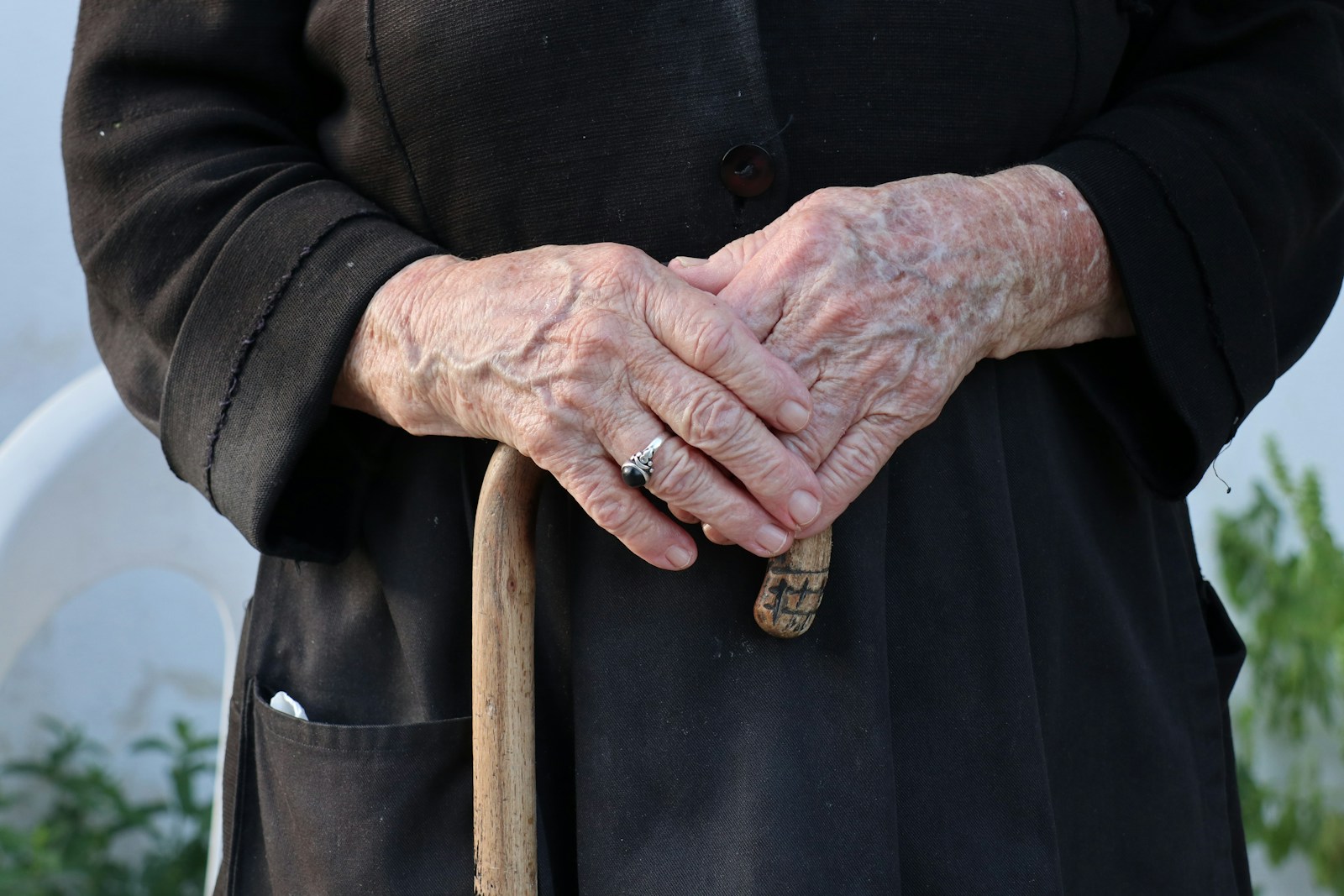A Balancing Act of Duty: Madras High Court Denies Maintenance from Ailing Senior Citizen Husband

In the landscape of Indian family law, the provision for maintenance under Section 125 of the Code of Criminal Procedure, 1973 (Cr.P.C.) stands as a vital safeguard against destitution for wives, children, and parents. However, the application of this law is not absolute and demands a careful evaluation of the circumstances of both parties. A recent judgment from the Madurai Bench of the Madras High Court in the case of Menaka & Ors. v. Murugan[1], provides a profound illustration of this judicial balancing act, where the court prioritized the survival of a bedridden senior citizen over the maintenance claims of his wife, emphasizing that the law cannot be wielded to impose an impossible burden.
Table of Contents
Background of the Case
The legal dispute originated when the petitioner, Menaka, along with her two daughters, filed a maintenance petition[2] before the learned Judicial Magistrate in Paramakudi. They sought ₹30,000 per month from her husband, the respondent Murugan, under Section 125 of the Cr.P.C.. The Trial Court, after a thorough review of the evidence, dismissed the petition. It concluded that Menaka was capable of managing her own expenses, while her husband was living in a state of “penury”. Displeased with this outcome, the petitioners escalated the matter by filing a Criminal Revision Case before the Madras High Court.
Petitioners’ Arguments Before the High Court
Before the High Court, the counsel for the petitioners argued that the respondent, Murugan, had sufficient means to provide maintenance. It was submitted that at the time of his retirement from NTC Mills, he was earning a salary of ₹17,000 and had received retirement benefits amounting to approximately ₹15,00,000. The petitioners further alleged that he owned considerable immovable properties but had refused to contribute towards the marriage expenses of their third daughter, who also suffered from certain medical ailments. A crucial point raised was the respondent’s past conduct; he had been previously convicted and fined in a criminal case for assaulting one of his daughters, making it untenable and unsafe for the family to live with him.
Respondent’s Counter-Arguments
In response, the counsel for Murugan painted a starkly different picture of his circumstances. It was argued that the respondent is a 65year-old senior citizen who is bedridden after suffering a paralytic attack and requires at least ₹5,000 per month for his own medical expenses. He contended that he had been completely neglected by his wife, daughters, and son. Furthermore, his access to his retirement funds was allegedly blocked due to multiple civil suits filed by his wife concerning his properties and benefits. The respondent’s counsel also pointed out that the petitioners were not without support, as their adult son was earning ₹25,000 per month and contributing to their upkeep.
High Court’s Analysis and Precedents
The Court reaffired the objective of Section 125 Cr.P.C.. Citing the Supreme Court case of Chaturbhuj v. Sita Bai[3], the Court reiterated that the purpose of maintenance proceedings is not to punish past neglect but “to prevent vagrancy and destitution”. The Court noted that this provision is a measure of social justice falling within the “constitutional sweep of Article 15(3) reinforced by Article 39 of the Constitution of India”.
However, the Court astutely observed that this right to maintenance is not absolute and is contingent upon the husband’s financial capacity. The judgment then introduced a critical counterweight: the respondent’s rights as a senior citizen under the Maintenance and Welfare of Parents and Senior Citizens Act, 2007. The Court highlighted the painful irony that the respondent, who was being sued for maintenance, was himself a neglected senior citizen with a statutory right to be maintained by his children. This created a scenario where two social welfare legislations had to be harmonized.
The Final Verdict
After carefully weighing the evidence, the High Court sided with the findings of the Trial Court. It noted that even if the respondent received retirement benefits and a pension, these funds would be essential for his own survival, given his severe paralytic condition and ongoing medical needs. The court found that the petitioner-wife was able to sustain herself with the support available to her, likely from her earning son. Imposing an additional maintenance obligation on a bedridden, financially constrained senior citizen was deemed unjust and contrary to the principles of equity. Concluding that the Trial Court’s order was well-reasoned and required no interference, the Madras High Court dismissed the Criminal Revision Case.
Conclusion and Author’s Opinion
The judgment in Menaka & Ors. v. Murugan is a testament to the judiciary’s ability to look beyond the rigid text of the law and deliver justice that is both compassionate and equitable. While the primary objective of Section 125 Cr.P.C. is to protect women from financial abandonment, this case carves out a crucial exception for situations where the person from whom maintenance is sought is himself vulnerable and incapacitated.
In my opinion, the Court’s decision is laudable for its humane and pragmatic approach. It correctly identifies that legal duties cannot exist in a vacuum. The verdict wisely prevents the misuse of a protective law as a tool for financial extraction from an individual who is arguably in a more pitiable condition than the claimants. It highlights a fundamental legal principle i.e. one cannot be compelled to give what one does not have, especially when one’s own survival is at stake. This ruling serves as a significant precedent, reminding us that justice is not a one-way street; it requires a holistic assessment of the rights, duties, and pitiable realities of all parties involved, ensuring that the shield of the law is not turned into a sword against the helpless.
For more details, write to us at: contact@indialaw.in
[1] Crl.R.C.(MD)No.417 of 2024
[2] M.C.No.3 of 2025
[3] (2008) 2 SCC 316
By entering the email address you agree to our Privacy Policy.



